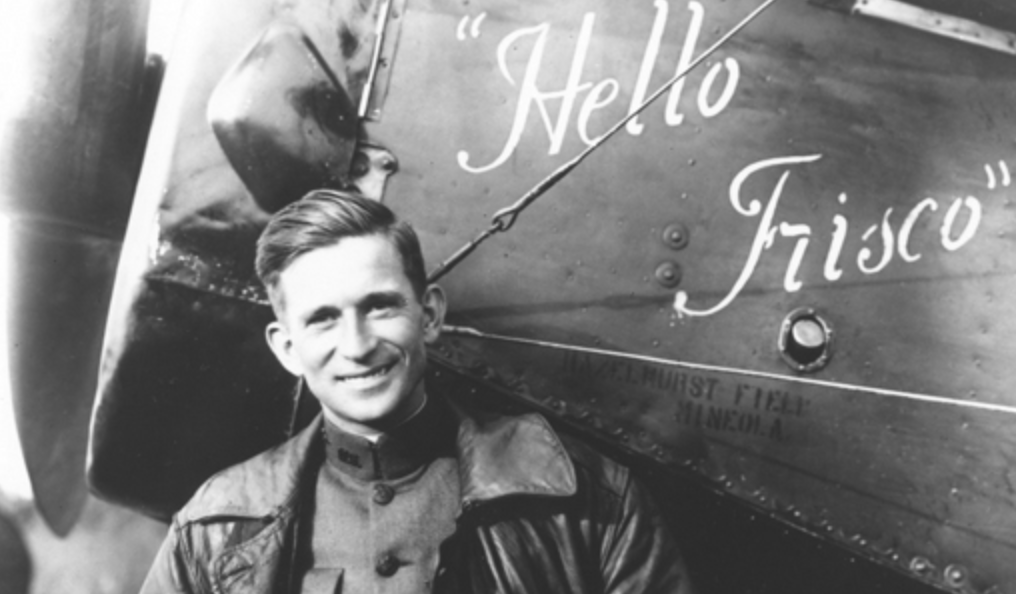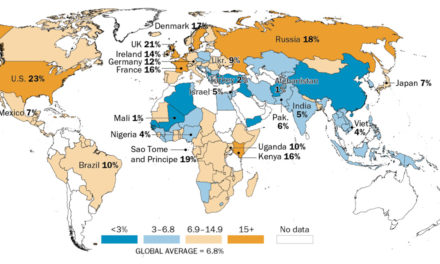Just under five million Americans are expected to take to the skies this week for the Thanksgiving holiday, a welcome return to near pre-pandemic levels.
It’s difficult to imagine a world without the convenience of air travel, but it’s actually been less than a hundred years since commercial airline service began. Historians point to 1914 as the official beginning, the year when passengers first paid for a flight between Tampa and St. Petersburg, Fla. But it wouldn’t be until the 1920s and 1930s that the likes of Eastern and Pan American Airlines became household names.
In fact, one of the nation’s leading aeronautical engineers at MIT in 1918 predicted, “The airplane business will never amount to very much.”
Yet one person who foresaw the coming travel revolution was a Baptist preacher who also happened to be an Army pilot who learned to fly during World War I. His name was Lieutenant Belvin Womble Maynard.
Nicknamed the “Flying Parson,” Maynard was born in rural North Carolina. His father was a physician. He felt the call of God on his life at the age of fifteen, and in 1913 enrolled in Wake Forest College in Winston-Salem, NC. His plan was to go into full-time ministry following graduation. During school, he pastored a small church near college.
But then came World War I, and feeling compelled to serve his country, Maynard enlisted in the Army. According to accounts, his congregation wasn’t pleased with his decision. He learned to fly in the service and was deployed to France, where he became the chief test pilot for new aircraft. His exploits and daring maneuvers were the stuff of legends. While stationed at the A.E.F. air base in Romorontin, France, Lt. Maynard set a world record by flying a plane loop-over-loop 318 consecutive times.
The pastor-pilot eventually returned to the United States following the war and decided to simultaneously preach and fly in high-stakes air race competitions. His first major victory came in a race between New York and Toronto. Pastor Maynard would fly to competitions and speak at churches and teach Sunday school classes in between.
Pastor Maynard would go on to be labeled the “World’s Greatest Pilot” after winning a highly publicized transcontinental air race in 1919. Flyers took off from Long Island, New York, and were required to fly to San Francisco and back. It wasn’t for the faint or frail of heart. During the competition, 54 planes crashed, and nine pilots died. Maynard had to make an emergency landing in a field outside of Omaha, Neb. He was forced to arrange an emergency repair and swap out his wrecked engine with the engine from a plane whose pilot (and fellow competitor) was unable to continue in the race.
Along with his faithful German Shepherd dog, Trixie, “The Flying Parson” wound up covering the 5,400 miles in just fifty hours. He lost fifteen pounds while doing it.
Pastor Maynard didn’t just preach between races – he was also known to conduct weddings in the air. The “Marrying Sky Pilot” wound up conducting his last service over Time Square in August of 1922, uniting Miss Helen Virginia Lent and Lloyd Wilson Bertau.
Pastor Maynard was scheduled to preach at Rutland Baptist Church in Rutland, Vt., on September 7, 1922. But as the star of the town’s “Flying Circus” the day before, the clergyman died after crashing his plane. He reportedly misjudged his altitude during a particularly dangerous stunt. Two passengers were killed alongside him. A parachutist also died that same day.
His tragic end notwithstanding, and beyond his courage and raw talented flying skills, what was the key to Pastor Maynard’s aeronautical success?
Unlike his fellow pilots and competitors, Pastor Maynard flew by his compass, thereby flying in straight lines. At the time, other pilots flew by noting visual landmarks, meaning they were often forced to fly far out of their way.
As a faithful preacher of God’s Word, Pastor Maynard knew to trust his instruments. It was the apostle Paul who wrote, “All Scripture is breathed out by God and profitable for teaching, for reproof, for correction, and for training in righteousness, that the man of God may be complete, equipped for every good work” (2 Tim. 3:16-17).
Despite the storms of life, we can be grateful this Thanksgiving for God’s gracious and generous gift of His Word, which can be trusted even when we cannot see what He’s doing with events in our lives.






